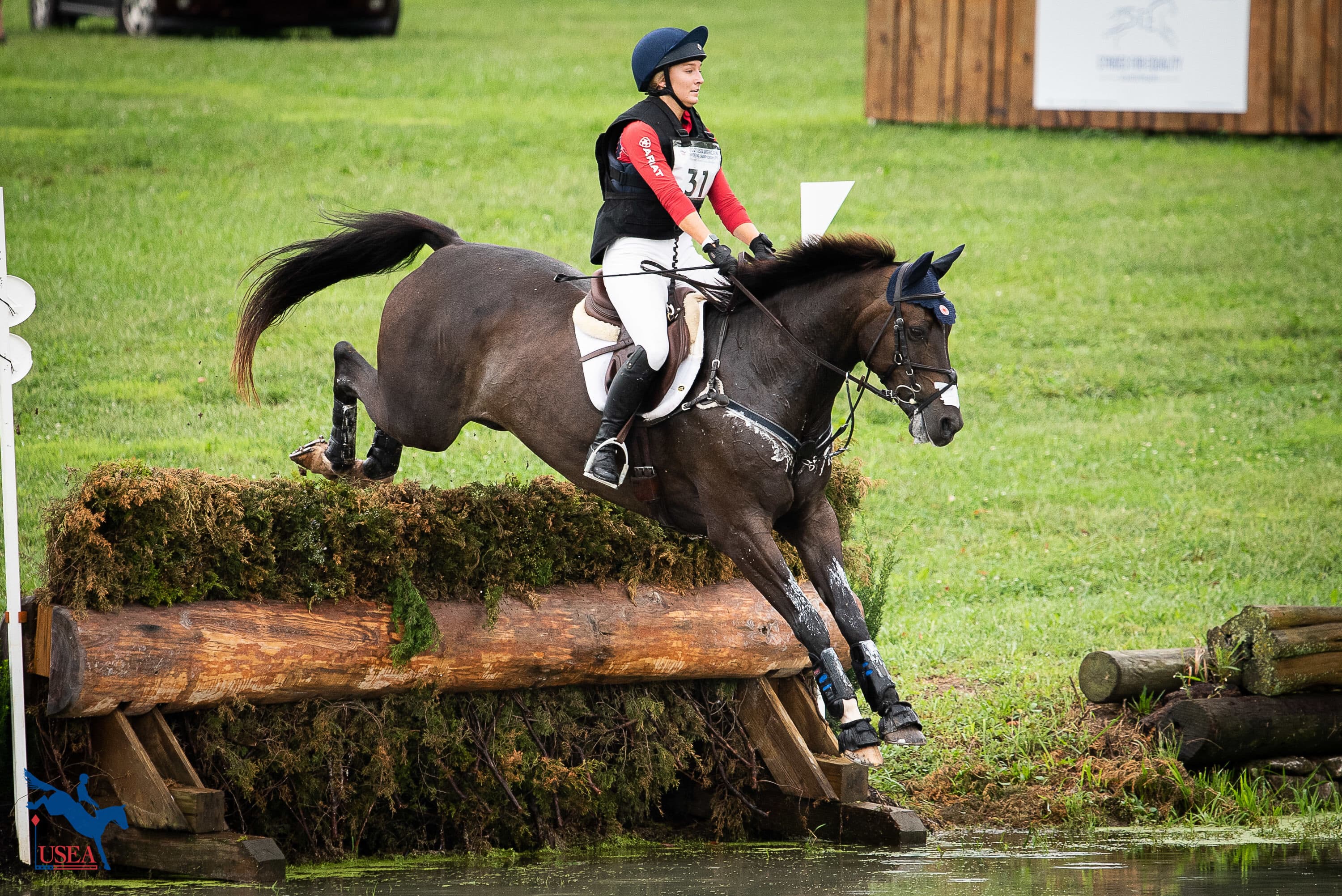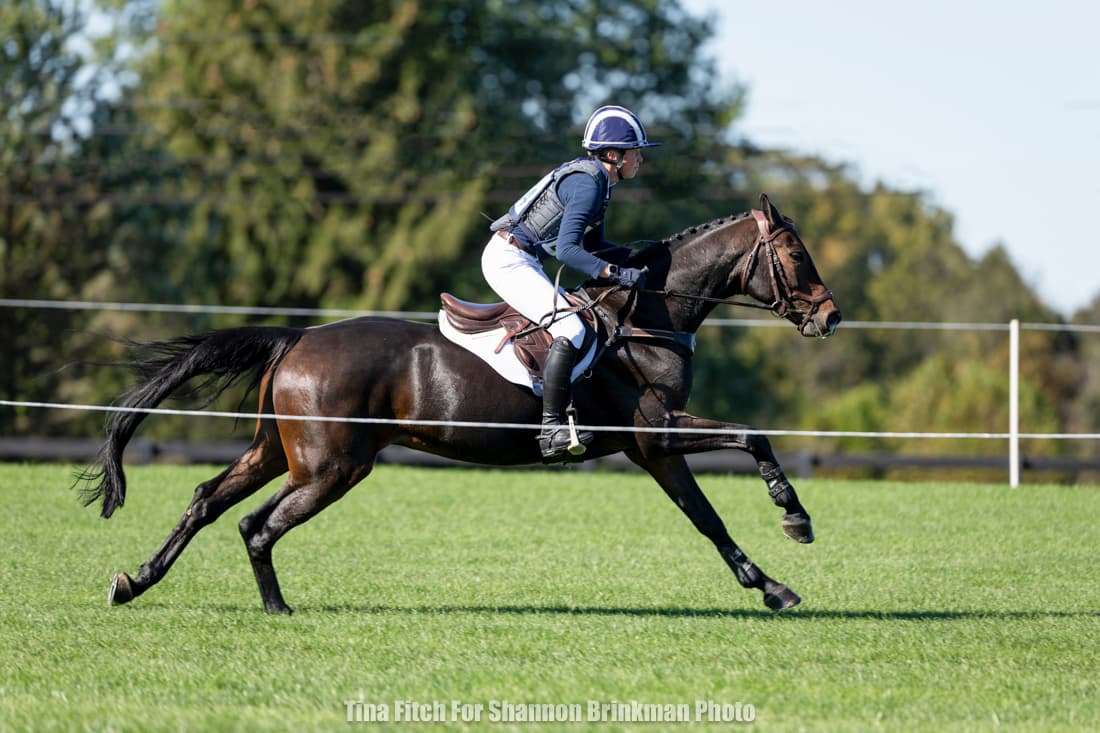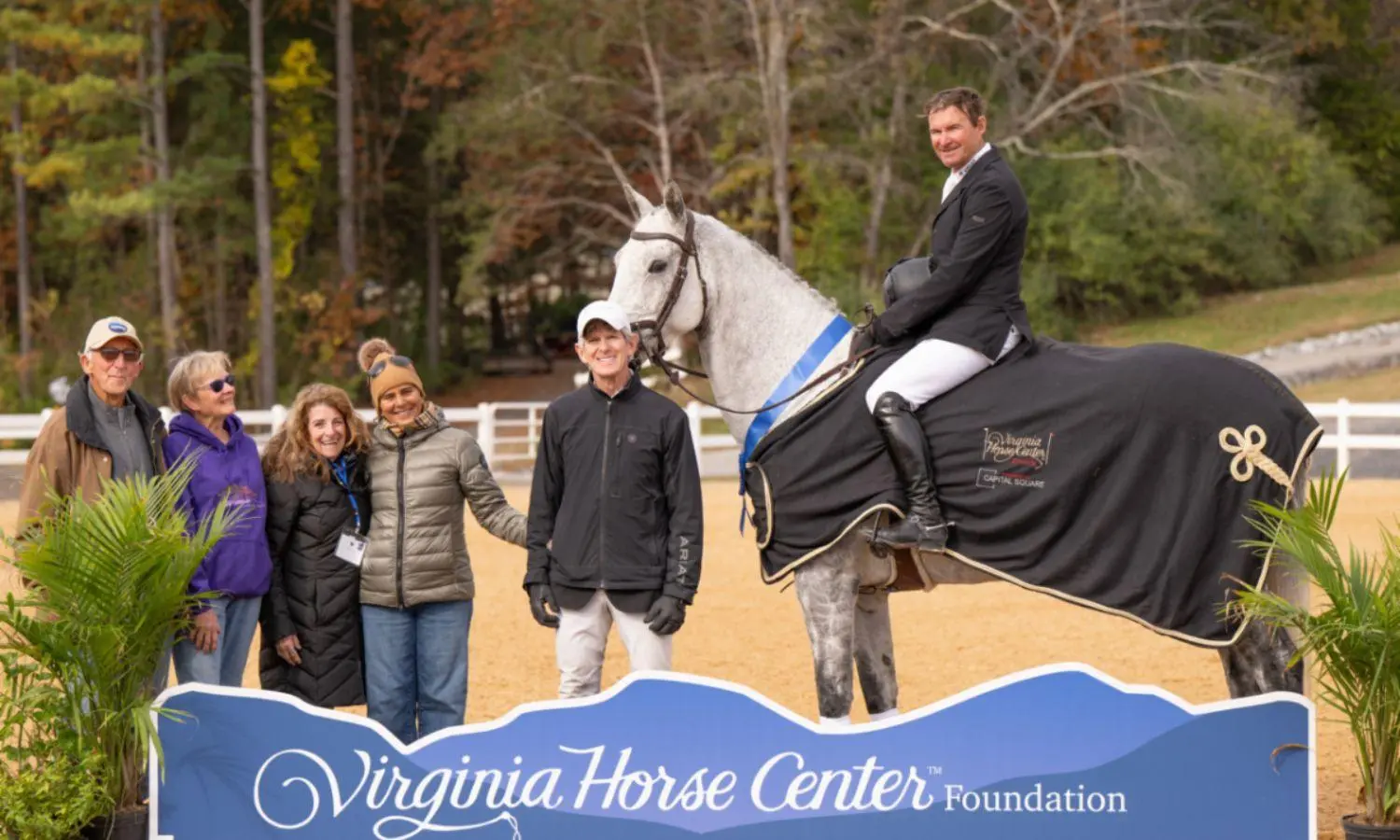Pressure Proof with Daniel Stewart: Verbal Erasers

No one’s perfect (nope, not you either) so it’s just a matter of time before you make a mistake, mess up or miss an opportunity. There’ll come a time when you do everything right but it’ll still go wrong, or a time when you do your very best but it won’t be good enough. Regardless of the mistake, mess-up, or missed opportunity you’ll always be able to make up and move on as long as you’re mindful of the words you’re using to describe that experience . . . and this is where verbal erasers come in.
Verbal erasers are a series of unique words that contribute to your self-talk (what I like to call brain-babble because we’re all so good at babbling to ourselves!). There are two interesting things about these unique words. First, they have a weird way of erasing comments made just prior to them (like a pencil eraser erases words that have been written, verbal erasers erase words that have been spoken). The second interesting thing about them is that they can be either highly positive or unfortunately negative. In other words, verbal erases can be used for good or evil!
So what kind of words create this unusual category of verbal erasers? Since you’ve probably never heard of verbal erasers before it’s helpful to know what they are so you can always use them for good and never evil. The most common verbal eraser is the word but and it’s crazy how easily it can turn good into bad (or bad into good) simply by how you use it. Here are a few examples of good verbal erasers:
- I didn’t win today but I really enjoyed myself!
- I pulled the first rail but I finished strong and the last fence was the best!
It’s easy to see how the word but erased the loss and the first rail, and helped your brain focus on enjoyment and finishing strong. Here are a few examples of bad verbal erasers:
- I had fun today but I didn’t win!
- My last fence was good but the first one was horrible!
From these two examples, using the exact same experience, it’s easy to see how the word but erased the positive that preceded it. No longer are you thinking about enjoying yourself and finishing strong; those have been erased and you’re left thinking about losing and that last disappointing fence.
Another common verbal eraser is the word yet, and unlike but, it’s almost always used in the positive sense. For example,
- I can’t do flying changes yet.
- I haven’t qualified for training level yet.
The best thing about the word yet (in addition to erasing the can't and haven't that preceded it), it's also been proven to trick your brain into getting excited about what you’re going to do in the future, instead of feeling bad about what you can’t do in the present.
The words you say to yourself have a huge influence on your behaviors, outcomes, and reality so this month become mindful of the role that verbal erasers play in your life. For example, have you ever said anything like, “I’m sorry but you made me so mad”. If so, you didn’t really apologize did you? You’re still just blaming the other person. Always remember that brain-babble can be positive or negative, so always remember to use the word but and yet for good and never evil!
If you’d like me to teach a clinic to your barn, association, or pony club this summer or fall just shoot me an email at [email protected]! Forty-two of my 54 dates are sold out but I still have a few great dates available!














